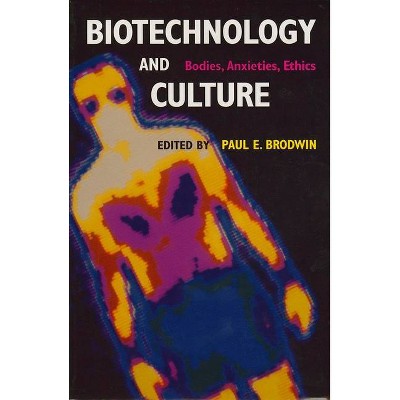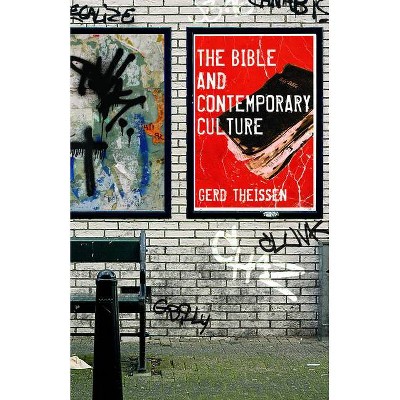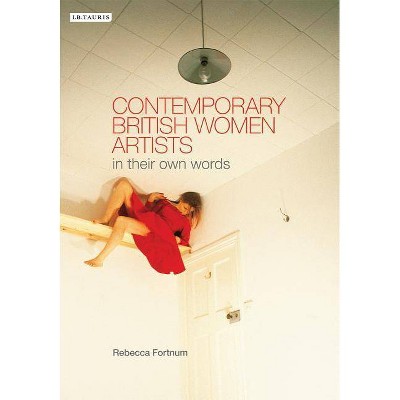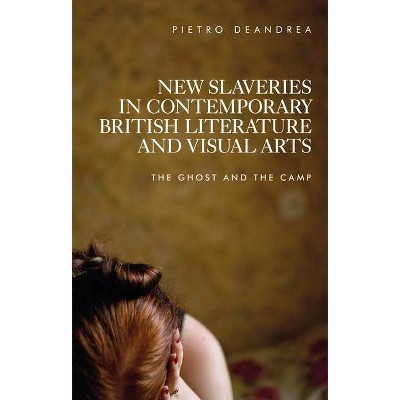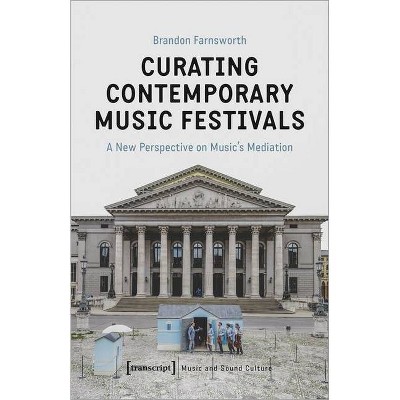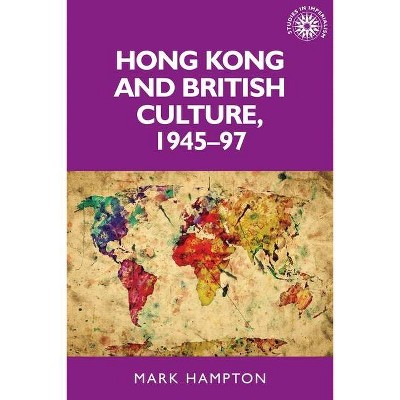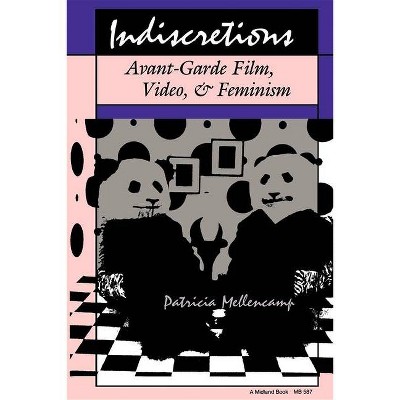Class and Contemporary British Culture - by A Biressi & H Nunn (Paperback)
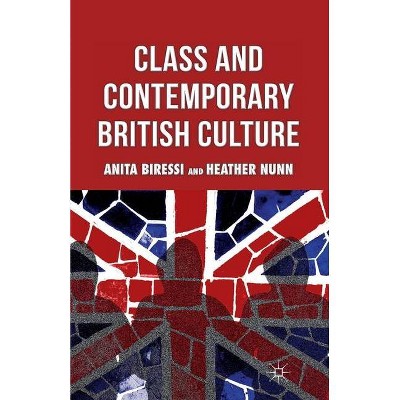
Similar Products
Products of same category from the store
AllProduct info
<p/><br></br><p><b> Book Synopsis </b></p></br></br><p>How does culture articulate, frame, organise and produce stories about social class and class difference? What do these stories tell us about contemporary models of success, failure, struggle and aspiration? Drawing on examples from the 1980s to the present day, this book investigates the changing landscape of class in Britain.</p><p/><br></br><p><b> From the Back Cover </b></p></br></br>How does culture articulate, frame, organise and produce stories about social class and class difference? What do these stories tell us about contemporary models of success, failure, struggle and aspiration? How have class-based labels been revived or newly-minted to categorise the insiders and outsiders of the new 'age of austerity'? Drawing on examples from the 1980s to the present day, Class and Contemporary British Culture, now in paperback and with a new Preface, investigates the changing landscape of class and reveals how it has become populated by a host of classed figures including Essex Man and Essex Girl, the 'sharp-elbowed middle class', the 'feral underclass', the 'white working class', the 'undeserving poor', 'selfish baby boomers' and others. Overall, the book argues that social class, although complicated and highly contested, remains a valid and fruitful route into understanding how contemporary British culture articulates social distinction and social difference and the significant costs and investments at stake for all involved.<br/><p/><br></br><p><b> Review Quotes </b></p></br></br><br>"Biressi and Nunn's brilliant analysis of the binding centrality of class in Britain is historically rich, intellectually astute, finely detailed and deeply knowledgeable. This book offers a vital, compelling analysis of why dissecting the cultural is necessary for understanding the social and, as such, it is essential reading for anyone studying the complex reinforcement of class relations in contemporary life." - Sally Munt, University of Sussex, UK <p/>"This richly evidenced, tightly argued and deeply self-reflexive book, while national in its initial focus, addresses a question of international importance: what happens to class in societies supposedly organised around market freedoms, but ever more unequal in their operations? Anita Biressi and Heather Nunn's answer, demonstrated in a series of brilliant analyses, is that class gets reshaped as a field of harsh cultural differentiation, hard-wired into a supposedly open and plural popular culture. If you care about the fate of society in neoliberal democracies such as Britain, you really must read this book. A wholly admirable piece of work." - Nick Couldry, Goldsmiths, University of London, UK, and author of <em>Why Voice Matters</em> <p/><em>"Class and Contemporary British Culture</em> makes for imperative reading. It's a superb book, one I'd highly recommend to anyone remotely interested in (what's horribly wrong with) contemporary Britain." - David Marx Book Reviews <p/>"This book examines a range of issues relating to British culture and class with chapters focusing on social mobility, the underclass, education, celebrity culture, the upper classes, immigration and austerity. The chapter on the 'revolting underclass' is one of the most concise, well written and researched overviews of the 'underclass' available in scholarly literature." - LSE Review <p/>"<em>Class and Contemporary British Culture</em> serves as an important indicator not just of how deeply engrained harmful class perceptions remain, but also of how far Britain needs to go before it can even pretend to call itself tolerant and democratic." - Elliot Murphy, <em>Ceasefire </em> <p/>"An intellectual tour de force boasting of a rare combination of theoretical rigour and page-turning clarity, it sets out to answer key questions about the appearance and reality of class in modern British life." - Michael Pierse, <em>Irish Left Review</em> 1.2, Autumn 2013 <p/>'This is a highly accessible book and would be ideal for students or readers with little knowledge of class discourses.' - Stefanie Williamson, <em>The Sociological Review </em><br><p/><br></br><p><b> About the Author </b></p></br></br>Anita Biressi is Reader in Media Cultures at the University of Roehampton, UK. Her research interests include news and tabloid journalism, reality television, class and popular culture, gender and political representation. She is the author of Crime, Fear and the Law (2001) and co-author of Reality TV: Realism and Revelation (2005). <p/>Heather Nunn is Professor of Culture and Politics at the University of Roehampton, UK. Her research interests include political communication, formations of gender and class, documentary and images of childhood. She is the author of Thatcher, Politics and Fantasy (2002) and co-author of Reality TV: Realism and Revelation (2005). <p/>
Price History
Price Archive shows prices from various stores, lets you see history and find the cheapest. There is no actual sale on the website. For all support, inquiry and suggestion messagescommunication@pricearchive.us
